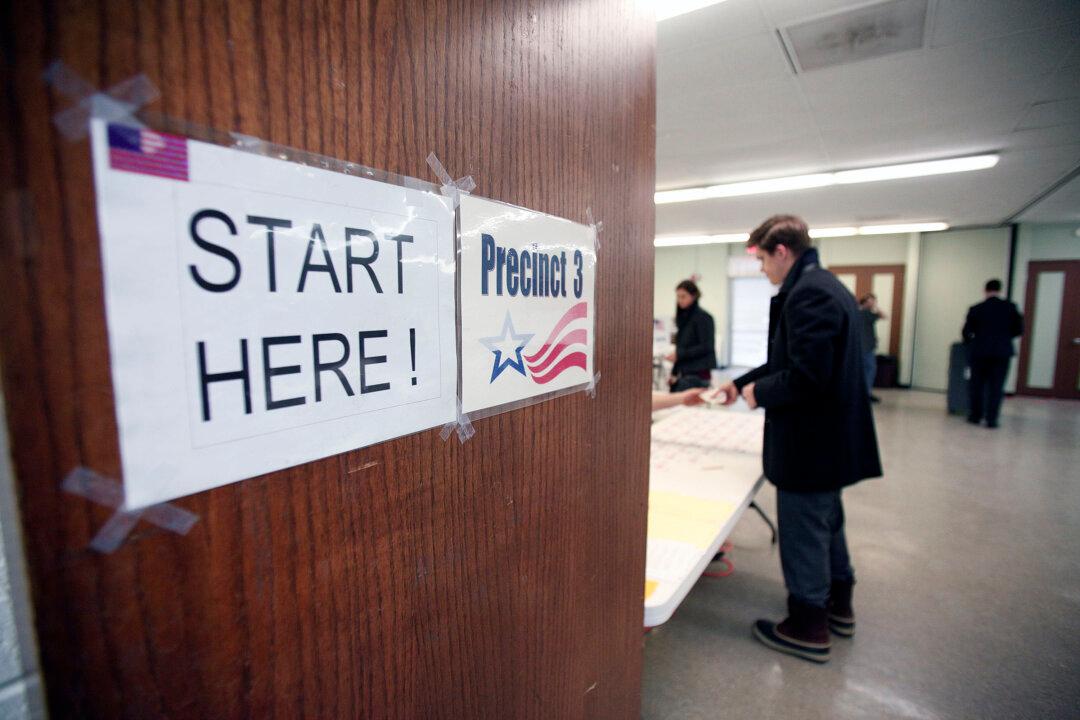LANSING, Mich.— Republican front-runner Donald Trump faces a test of his durability with white, working-class voters in Michigan, the first industrial state to vote in the 2016 primaries and the biggest prize among four states casting ballots Tuesday in the turbulent GOP race.
Mississippi, Idaho and Hawaii are also holding Republican contests. Democrats Hillary Clinton and Bernie Sanders face off in Michigan and Mississippi.
Squeezed between high-profile Super Tuesday and high-stakes primaries next week in Florida and Ohio, Tuesday’s contests are unlikely to dramatically reshape either party’s primaries. But with 150 Republican and 179 Democratic delegates at stake, the races offer an opportunity for front-runners to pad leads and rivals to catch up.
While Trump has stunned Republicans with his broad appeal, he’s forged a particularly strong connection with blue-collar white voters. With an eye on the general election, he’s argued he could put Midwestern, Democratic-leaning industrial states such as Michigan and Wisconsin in play for Republicans.
Trump is facing competition from Ohio Gov. John Kasich, who has failed to win a single primary so far but hopes Michigan can give him a boost heading into his home state’s winner-take-all contest on March 15.






